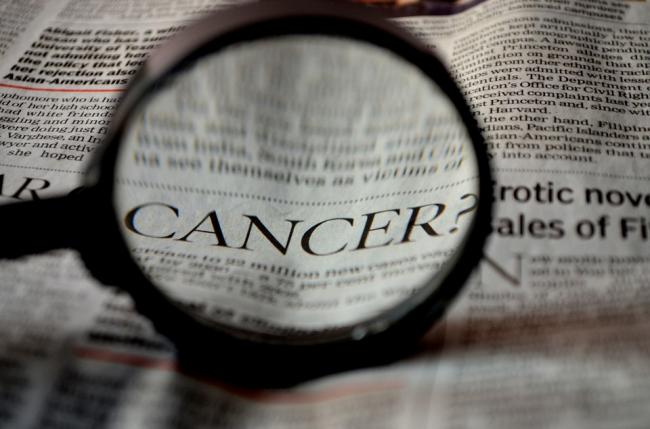
New approach may curb treatment-related skin fibrosis in cancer patients: Study
Toronto, Jan 13 (IBNS): A clinical-scientific team specializing in head-and-neck cancer has identified a way to manipulate metabolism to potentially curb skin fibrosis – a common side effect of radiotherapy affecting quality of life of cancer survivors.
The study findings from the laboratory of principal investigator Dr. Fei-Fei Liu, Chief, Radiation Oncology, Princess Margaret Cancer Centre, University Health Network, are published online today in Nature Metabolism (DOI:10.1038/s42255-018-0008-5). Dr. Liu is also Professor and Chair, Department of Radiation Oncology, University of Toronto and holds the Dr. Mariano Elia Chair in Head and Neck Oncology.
First author Dr. Xiao Zhao, a resident in head-and- neck surgery who completed PhD studies with Dr. Liu, says the research team wanted to find a way to reduce radiation-induced fibrosis, a condition where normal tissue progressively thickens causing pain and dysfunction. The underlying problem is the excess buildup of the extracellular matrix, a supporting structure for all tissues. There is currently no effective treatment to reduce this accumulation.
The findings from human tissues with radiation-induced fibrosis and pre-clinical lab experiments steered the team to zero in on metabolic processes that trigger and perpetuate fibrosis.
Dr. Zhao says: "We were surprised to see that metabolic abnormalities were predominant and consistently found in patients with skin fibrosis, even years after their original radiotherapy. Our question was: 'Can we manipulate metabolism to reduce fibrosis?'"
The team studied how regulating metabolism can shift cell behaviour and alter the buildup and degradation of the extracellular matrix.
Through uncovering this metabolic model of extracellular matrix regulation, the team also identified several metabolic drug compounds and potential cell therapy techniques which were successfully tested in pre-clinical models of fibrosis. These therapeutic strategies centred on metabolism will be carried to the next stage of ongoing research.
"We're highlighting fibrosis from this new perspective, thereby opening the door to metabolic regulation as a way to treat this side effect of radiation," says Dr. Zhao.
The research was funded by Canadian Institutes of Health Research, Canadian Cancer Society Research Institute, Physicians Services Incorporated Foundation, the Harry Barberian Research Grant, the Jessie & Julie Rasch Foundation, the Strategic Training in Transdisciplinary Radiation Science for the 21st Century (STARS21), the Campbell Family Cancer Research Institute, the Ontario Ministry of Health and Long-Term Care, and The Princess Margaret Cancer Foundation.
Support Our Journalism
We cannot do without you.. your contribution supports unbiased journalism
IBNS is not driven by any ism- not wokeism, not racism, not skewed secularism, not hyper right-wing or left liberal ideals, nor by any hardline religious beliefs or hyper nationalism. We want to serve you good old objective news, as they are. We do not judge or preach. We let people decide for themselves. We only try to present factual and well-sourced news.







